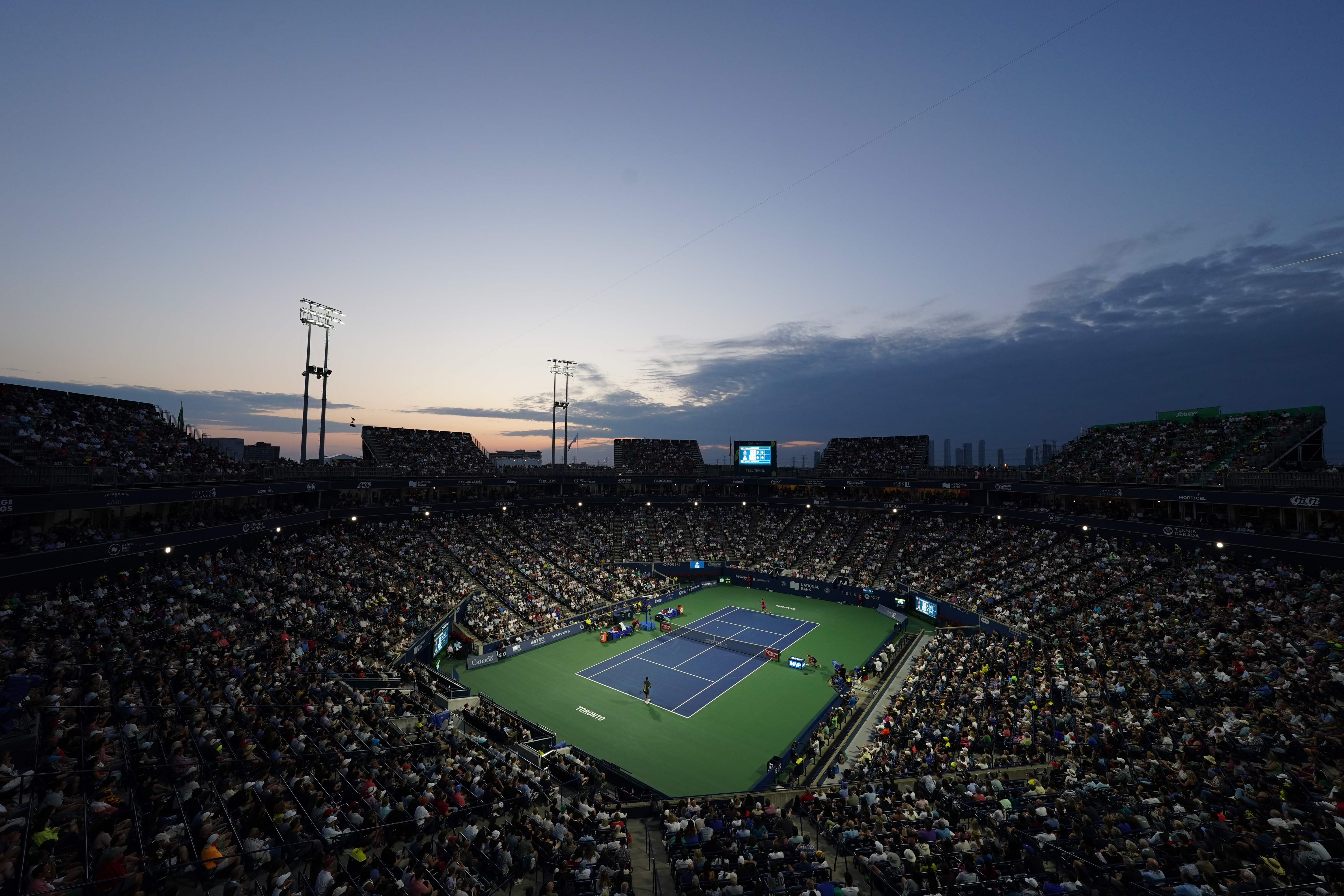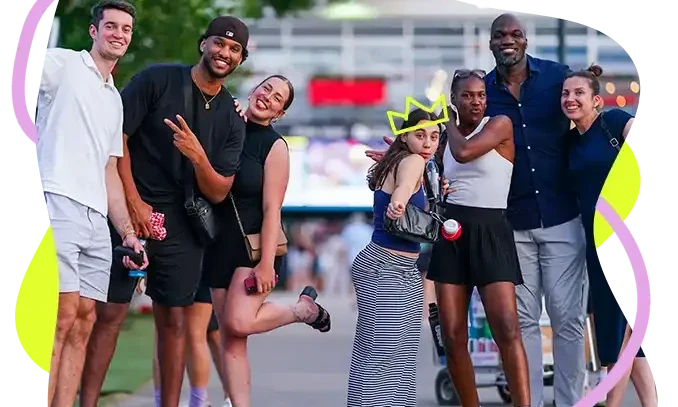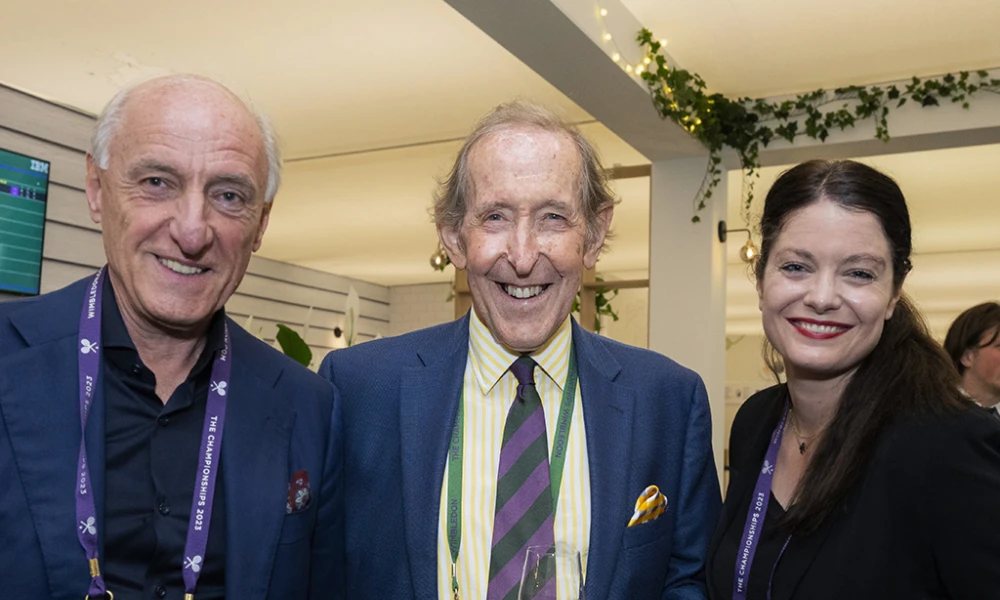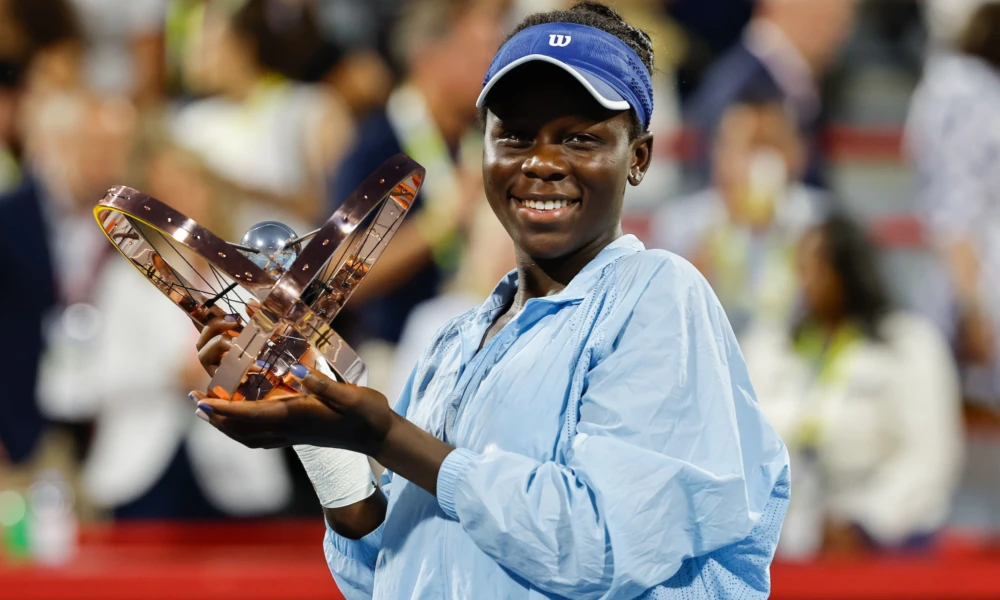Sustainability remains a priority for the National Bank Open presented by Rogers in 2024, with several initiatives being undertaken to make the tournament greener.
Highlighting the NBO this year is Toronto’s Sobeys Stadium upgrading 306 light fixtures to LED lighting and donating used tennis balls after the tournament to resurface tennis courts across the United States and Canada. Other projects include improved waste sorting stations, eco-card accreditation, and inviting fans to bring reusable water bottles to make use of the water refill stations onsite.
“We are committed to sustainability initiatives year-round and especially focused on minimizing our tournament’s impact on the environment,” said Daniel Thorpe, Sobeys Stadium Director at Tennis Canada. “We have some really great initiatives for the 2024 NBO; including upgrading to LED lighting, encouraging reusable water bottles onsite, and an increased focus on food waste management, we are continuously getting one step closer to becoming a zero-waste tournament.”
Energy efficiency and CO2 reduction with new LED lighting
Upgrading to LED lighting around the stadium is a key part of Tennis Canada’s goal of CO2 reduction and energy efficiency. In 2024, upgrading 105 fixtures on the suite level and 201 fixtures on the concourse level has been a highlight to maximize efficient energy practices. Offsetting energy use has been a primary focus for the organization, concentrating on the carbon-neutral operations that new LED lights contribute to. Over the last few years, lighting for the stadium’s Centre Court, Grandstand, and Courts 1, 3, and 4 has been upgraded to reduce energy waste. After this year’s improvements, most of the property uses LED lighting.
Among other energy efficiency initiatives, Tennis Canada is committed to offsetting carbon emissions for official transportation, air travel for players, daily travel for staff and volunteers, and waste produced by the NBO. Through Tennis Canada's partnership with the TTC, fans are offered a free ride home by presenting their NBO ticket.
The path to becoming a zero-waste tournament by 2030
Waste management is a key priority of Tennis Canada’s and is achieved by optimizing food sorting and minimizing excess waste where possible. Joining forces with Marigolds & Onions, and La Tablée des Chefs, the NBO’s food surplus is collected and donated to Second Harvest, which redistributes edible excess food to people in need around the community. This year, Tennis Canada expects to see donations of over 2,450 pounds of food surplus back into the community to help those in need and manage wastefulness at the NBO.
Fans are also encouraged to help Tennis Canada’s waste reduction efforts with the waste sorting stations that help divert away from landfills. Around the grounds, Sobeys Stadium is home to more than three hundred sorting bins with improved signage for waste sorting.
Although food waste is common at large events, waste derived from tennis balls and their short lifespans is a problem unique to tennis tournaments like the NBO. Tennis Canada partners with RecycleBalls Canada and other reusable programs to recycle and reuse all the tennis balls after they are retired from play. The balls are broken down and used to resurface courts across the country. Last year, Centre Court at Sobeys Stadium was completely resurfaced with materials from 1,400 recycled tennis balls from the 2022 NBO.
As part of these efforts, Tennis Canada has prioritized minimizing waste from single-use water bottles and is encouraging fans to bring their own refillable containers to reduce waste. This year, the NBO will have three water stations with nine filling dispensers around the grounds for anyone coming onsite to minimize their carbon footprint.
To learn more about Tennis Canada’s commitment to sustainability, click here.
